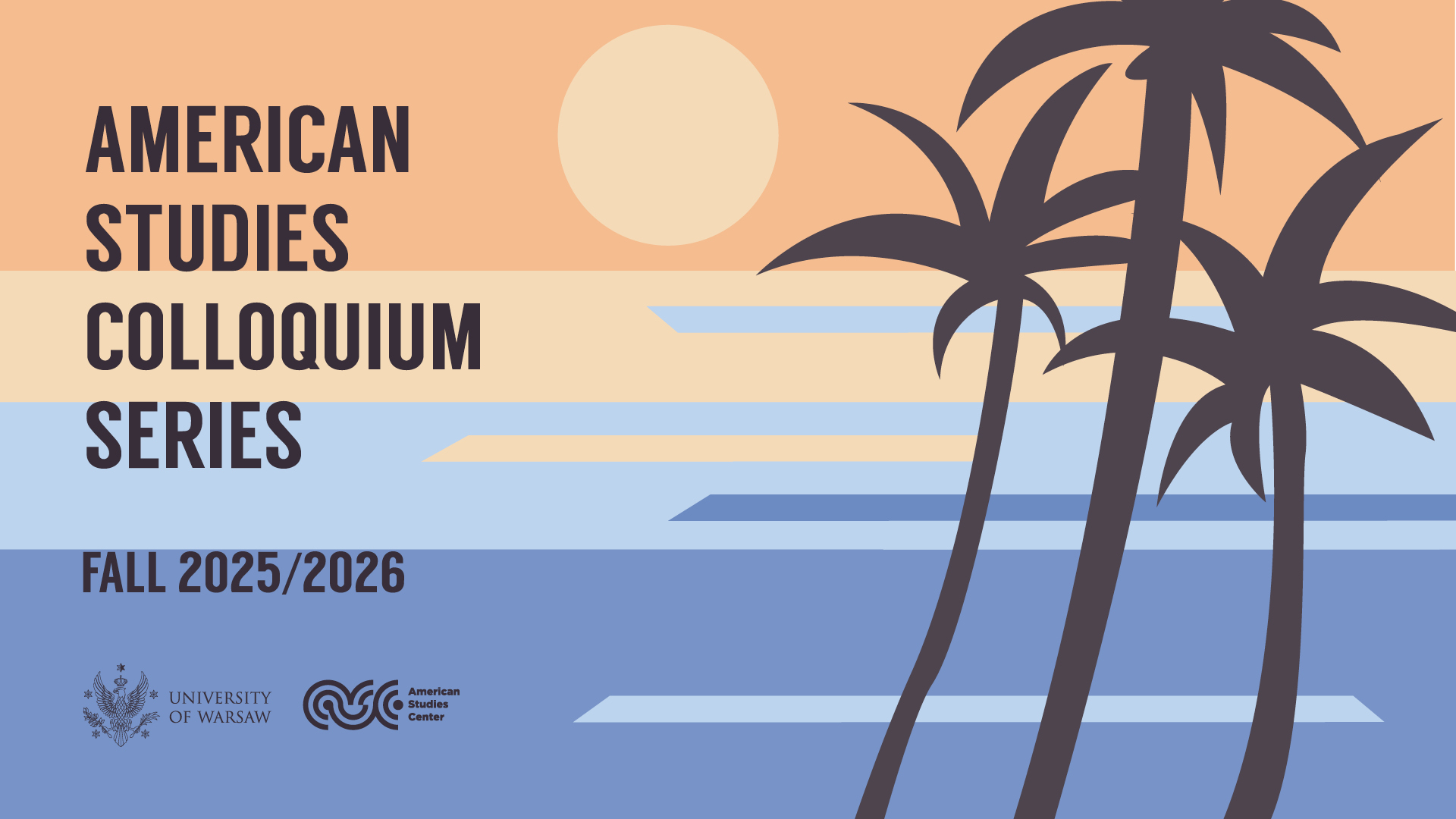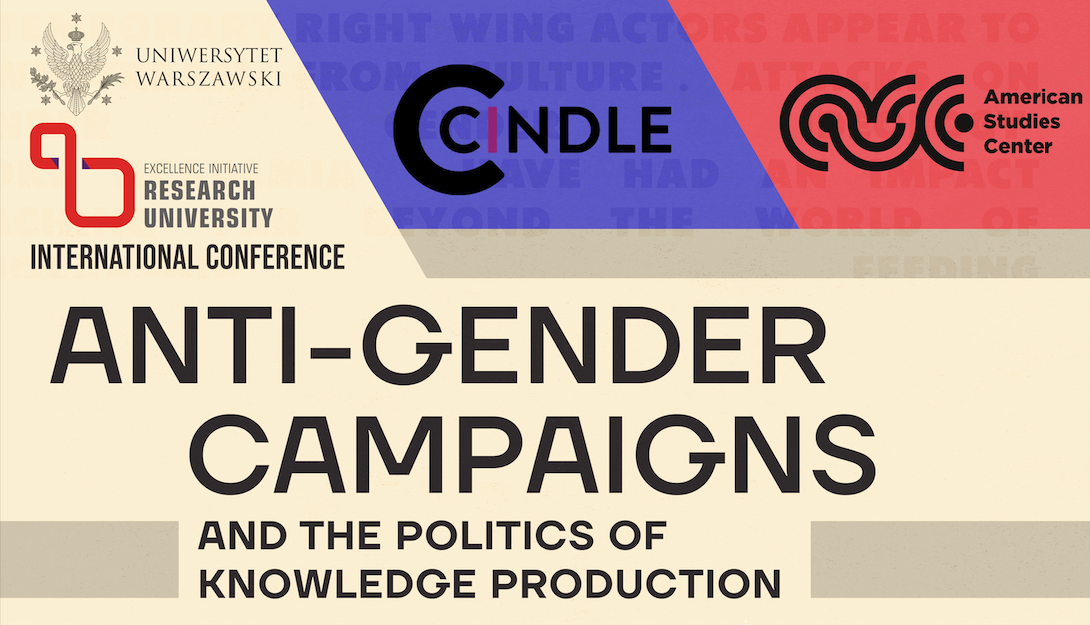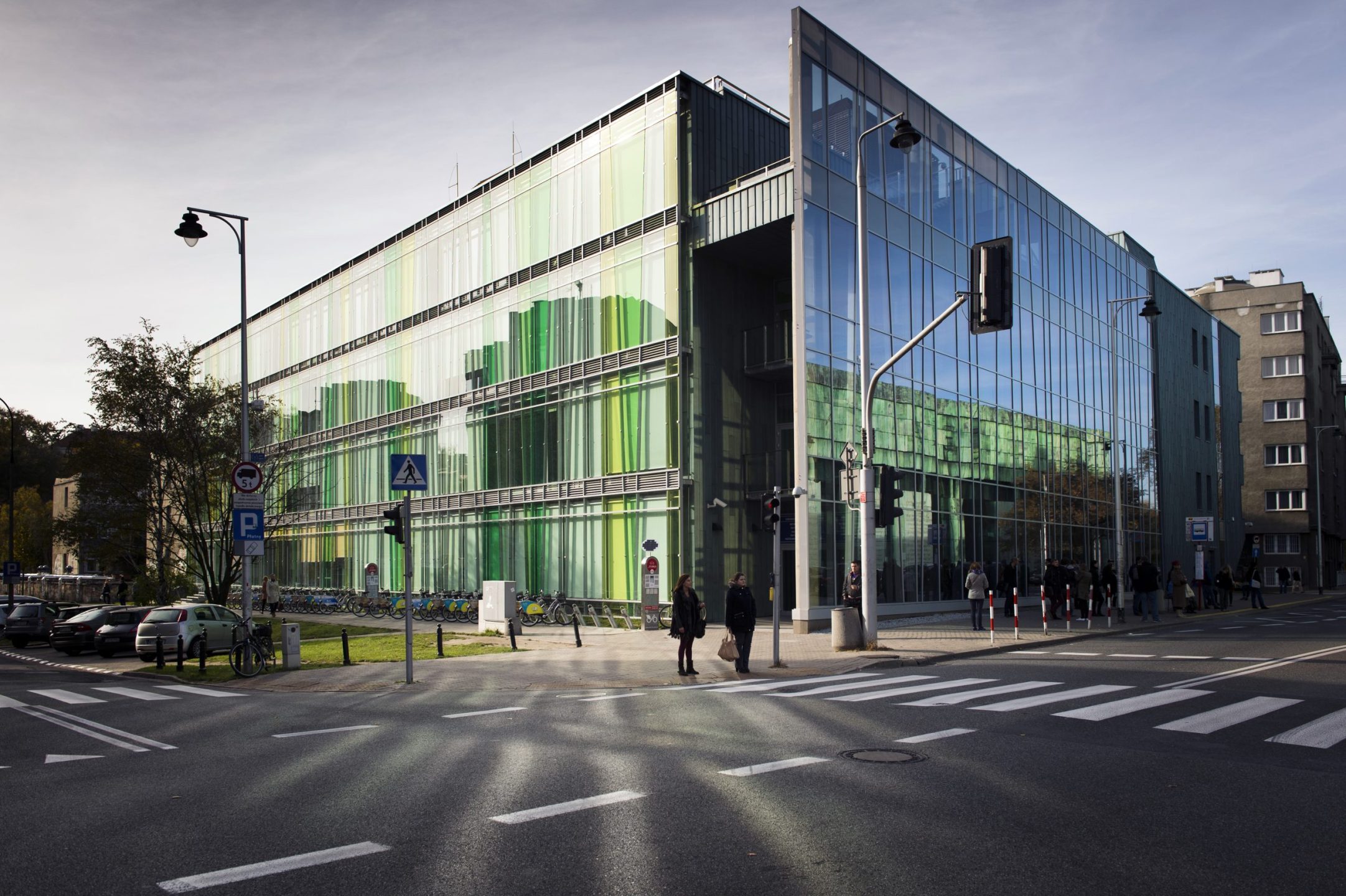It is with great sadness that we have learned of the death of Dr. Franciszek Lyra, a longtime lecturer of the American Studies Center of the University of Warsaw. He passed away on March 26, 2021 at a hospital in Sokołów Podlaski.
Born in 1932, Dr. Franciszek Lyra specialized in the history of American literature. A graduate of the English Institute of the University of Warsaw, he completed his PhD in linguistics at Indiana University Bloomington.
He was the first Polish Fulbright grantee, in 1959. After he completed his PhD, he returned to Poland and, starting from 1962, helped establish the English Institute at the Maria Curie-Skłodowska University in Lublin where he taught until 1969. He subsequently taught at the University of Warsaw, Institute of English Studies and the American Studies Center.
His research was focused on the history of American literature, the reception of American literature in Poland, and on literary connections between both countries. Dr. Lyra was an author of two books –William Faulkner published by Wiedza Powszechna in 1966 and Edgar Allan Poe by the same press (1973) – as well as a dozen articles published in Polish and American journals. In 2011 he was awarded the Distinguished International Service Award (2011) from Indiana University.
He founded the Polish chapter of the Indiana University Alumni and Friends Association at the University of Warsaw.
We wish to express our sincere condolences to Franciszek’s family and friends. We will sorely miss him.
Z głębokim smutkiem zawiadamiamy o śmierci dra. Franciszka Lyry, wieloletniego wykładowcy Ośrodka Studiów Amerykańskich UW, który zmarł 26 marca 2021 r. w Sokołowie Podlaskim.
Urodzony w 1932, dr Franciszek Lyra był amerykanistą literaturoznawcą. Ukończył studia w Instytucie Anglistyki Uniwersytetu Warszawskiego. Doktorat w dziedzinie językoznawstwa na temat dwujęzyczności obronił w Indiana University w Bloomington. Był pierwszym w historii polskim stypendystą programu stypendialnego Komisji Fulbrighta. Wyjechał do Stanów Zjednoczonych na stypendium w roku 1959. Po ukończeniu doktoratu wrócił do Polski i od 1962 roku pomagał w tworzeniu Instytutu Anglistyki na Uniwersytecie Marii Curie-Skłodowskiej w Lublinie, gdzie wykładał do roku 1969. Następnie przez wiele lat wykładał w Instytucie Anglistyki UW oraz w Ośrodku Studiów Amerykańskich UW.
Prowadził badania nad historią literatury amerykańskiej, polską recepcją literatury amerykańskiej oraz polsko-amerykańskimi stosunkami literackimi. Dr. Lyra jest autorem dwóch książek o literaturze amerykańskiej–William Faulkner (Wiedza Powszechna, 1966) oraz Edgar Allan Poe (Wiedza Powszechna, 1973), a także kilkunastu artykułów opublikowanych w Polsce oraz w Stanach Zjednoczonych. W 2011 roku został nagrodzony Distinguished International Service Award (2011) Indiana University.
Stworzył polski oddział Stowarzyszenia Absolwentów i Przyjaciół Indiana University na Uniwersytecie Warszawskim.
Składamy serdeczne wyrazy współczucia Rodzinie Franciszka i Jego bliskim. Będzie nam Go bardzo brakowało. Był dobrym duchem Osy!




